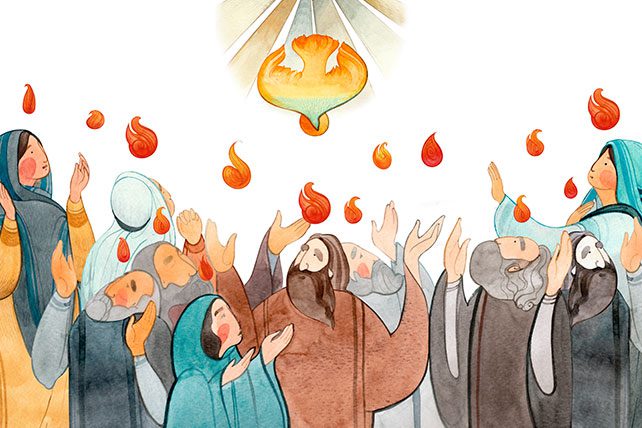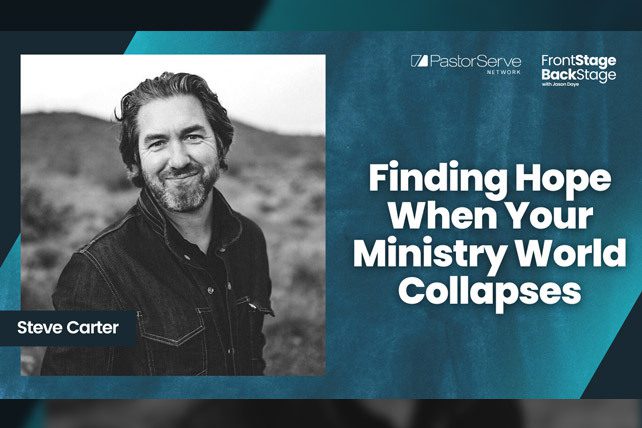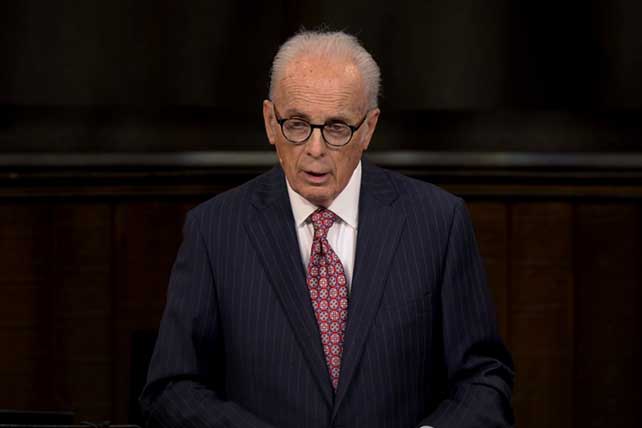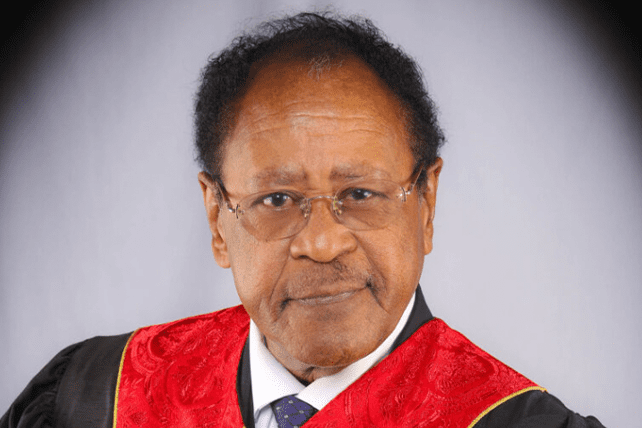I was recently asked during the weekly Church & Culture Podcast why I wrote the book, “What They Didn’t Teach You in Seminary.” A book which, to this day, is one of my favorites.
The reason I was asked this was prompted by a conversation on Generation Z becoming known as the “tool belt generation” for its return to the practical nature of learning a trade, bypassing four-year programs of higher education. Gen Z has a sense that school lacks a sense of purpose and isn’t motivating. They are far more excited and motivated for what is happening outside of the classroom.
Couple this with the staggering rise in college tuition, and it’s not surprising that the number of students enrolled in vocationally focused community colleges rose 16% last year, bringing the number of students in that arena to the highest level since the National Student Clearinghouse began tracking data. The number of students studying construction has risen by 23% since 2018 alone.
My co-host’s question was akin to throwing me red meat. Seminaries across the nation are in decline, and many have shuttered their doors. The Associational of Theological Schools (ATS) has compiled its data on seminary enrollment for 2023, and the classic seminary degree—the Master of Divinity—experienced another 5% decline.
And yes, there can be little doubt that one of the reasons is what is behind Generation Z becoming the tool belt generation, and certainly was behind my reason for writing that particular book. As I wrote in the introduction:
My life has been lived largely in two vocational worlds: the church and the academy. I am the founding and senior pastor of a church; I am a professor and former president of a seminary.
More than that, I loved seminary. I loved learning about church history and theology, philosophy and ethics. My pulse quickened the first time I was able to stand behind a podium and say, “In the Greek, this word means….” I loved building my library with works from Augustine to Zwingli. Adding entire multivolume reference sets, such as Kittel’s “Theological Dictionary of the New Testament,” made my hormones bubble.
I was the classic three-year residential MDiv student. But toward the end of my seminary studies, just before I started my doctoral work, I received a call from a church near the school asking me to consider coming as their interim pastor. It was an established denominational church in a county-seat town near the seminary. The interim turned into a full-fledged invitation to serve as their senior pastor…
[When] I, as a new pastor, was asked to officiate my first wedding, my first funeral, my first baptism, and my first communion, I was totally clueless. So why did they ask me to be a pastor in the first place in order to do such things? It was assumed that since I was nearing my graduation from seminary, I knew what I was doing.
I didn’t.
So in panic mode I ended up buying every “minister’s manual” the local Christian bookstore offered.
It didn’t get any better.





 How can we respond in a healthy way when our ministry world comes crashing down around us? In this week’s conversation on FrontStage BackStage, host Jason Daye is joined by Steve Carter. Steve is a pastor, speaker, and author. He is the host of the “Craft and Character” podcast and the former lead teaching pastor at Willow Creek Community Church. He currently serves as teaching pastor at Forest City Church, and his most recent book is titled, “Grieve, Breathe, Receive.” Together, Steve and Jason look at how to navigate disappointments and destabilizing seasons in our ministries. Steve shares from his own experiences as a pastor what God taught him about grieving, breathing, and receiving.
How can we respond in a healthy way when our ministry world comes crashing down around us? In this week’s conversation on FrontStage BackStage, host Jason Daye is joined by Steve Carter. Steve is a pastor, speaker, and author. He is the host of the “Craft and Character” podcast and the former lead teaching pastor at Willow Creek Community Church. He currently serves as teaching pastor at Forest City Church, and his most recent book is titled, “Grieve, Breathe, Receive.” Together, Steve and Jason look at how to navigate disappointments and destabilizing seasons in our ministries. Steve shares from his own experiences as a pastor what God taught him about grieving, breathing, and receiving.






















